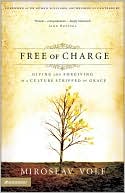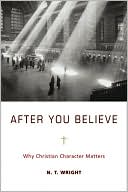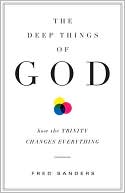If we want to be Christians, we must have some share in Christ's large-heartedness by acting with responsibility and in freedom when the hour of danger comes, and by showing a real sympathy that springs, not from fear, but from the liberating and redeeming love of Christ for all who suffer. Mere waiting and looking is not Christian behavior. The Christian is called to sympathy and action, not in the first place by his own sufferings, but by the sufferings of his brethren, for who sake Christ suffered.Bonhoeffer on Success:
In a world where success is the measure and justification of all things the figure of Him who was sentenced and crucified remains a stranger and is at best the object of pity. The world will allow itself to be subdued only by success. It is not ideas or opinions which decide, but deeds. Success alone justifies wrongs done . . . With a frankness and off-handedness which no other earthly power could permit itself, history appeals in its own cause to the dictum that the end justifies the means. . . . The figure of the Crucified invalidates all thought which takes success for its standard.Bonhoeffer on Cheap Grace:
Cheap grace means the justification of sin without the justification of the sinner. Grace alone does everything, they say, and so everything can remain as it was before.Bonhoeffer on Costly Grace:
It is costly because it costs a man his life, and it is grace because it gives a man the only true life. It is costly because it condemns sin, and grace because it justifies the sinner. Above all, it is costly because it cost God the life of his Son . . . and above all, it is grace because God did not reckon his Son too dear a price to pay for our life, but delivered him up for us.Bonhoeffer on Marriage (to his fiance from prison):
May God grant us this faith daily. I don't mean the faith that flees the world, but the faith that endures in the world and loves and remains true to that world in spite of all the hardships it brings us. Our marriage must be a "yes" to God's earth. It must strengthen our resolve to do and accomplish something on earth. I fear that Christians who venture to stand on earth on only one leg will stand in heaven on only one leg too.









